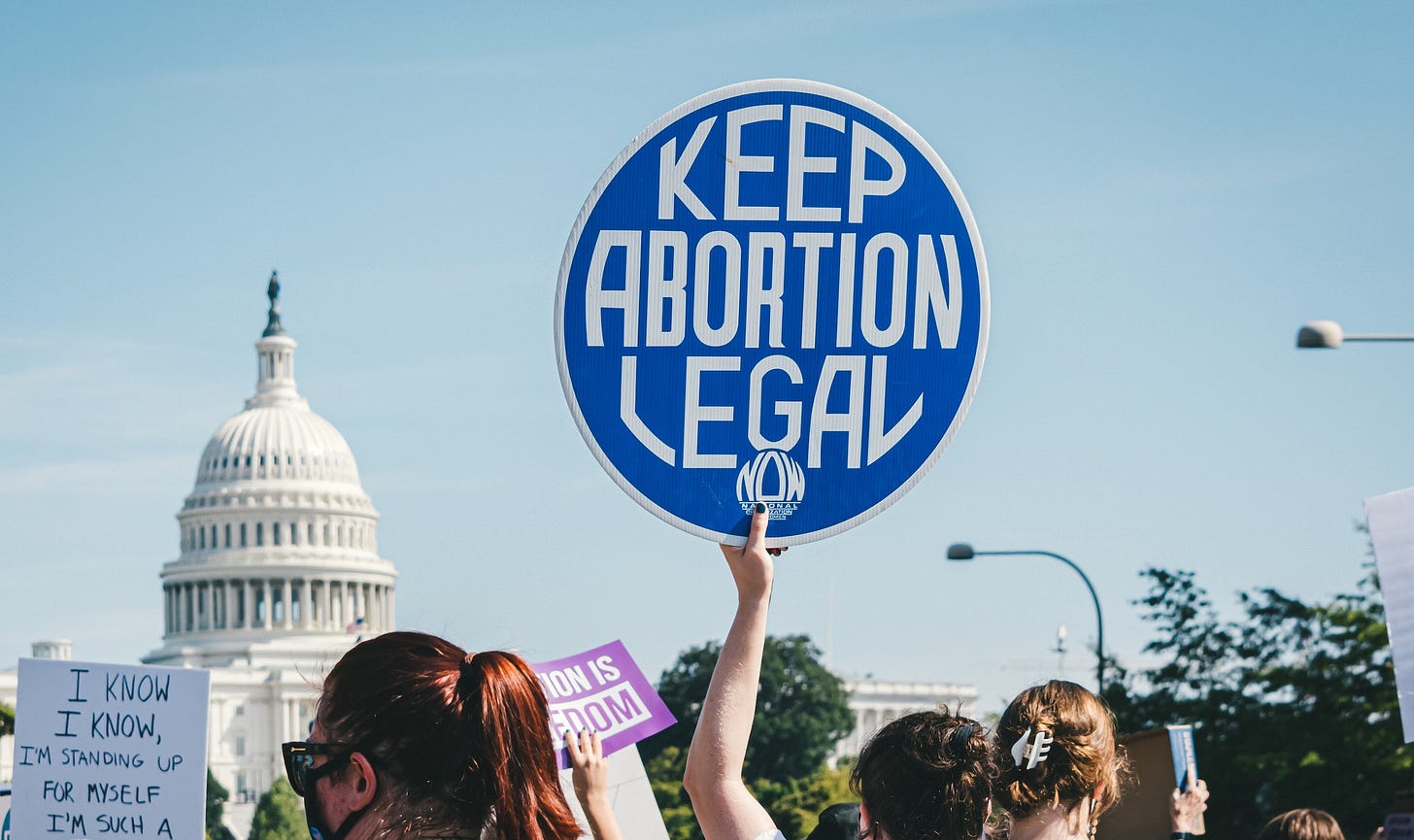I used to believe that abortion was immoral. I regarded a fetus as a human being with rights and abortion essentially as murder.
But I’ve undug my heels in the years since. In fact, I’ve come to think just the opposite: Abortion is not murder, and it morally must be legal. I even found myself driving a friend to a clinic and helping her post-surgery, as …



